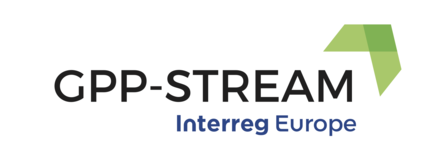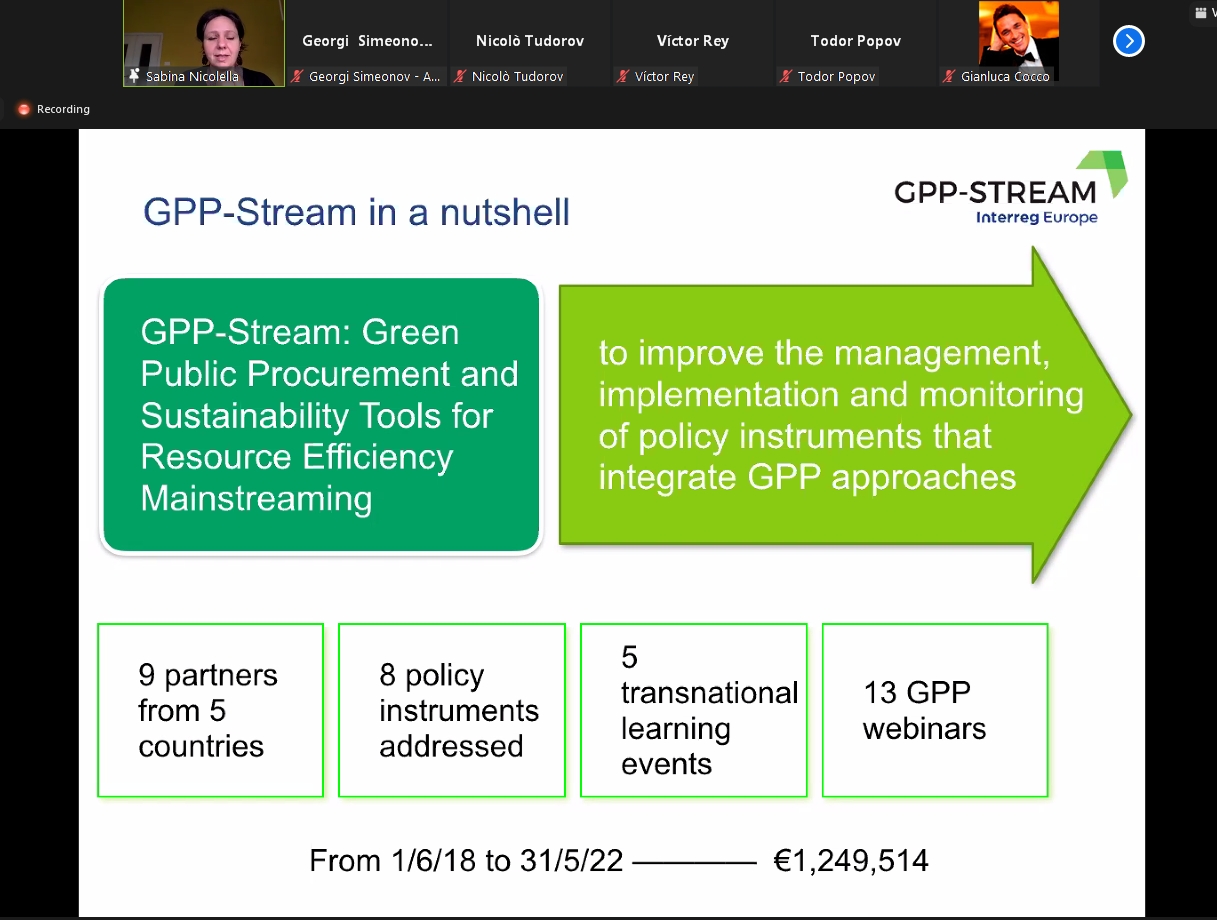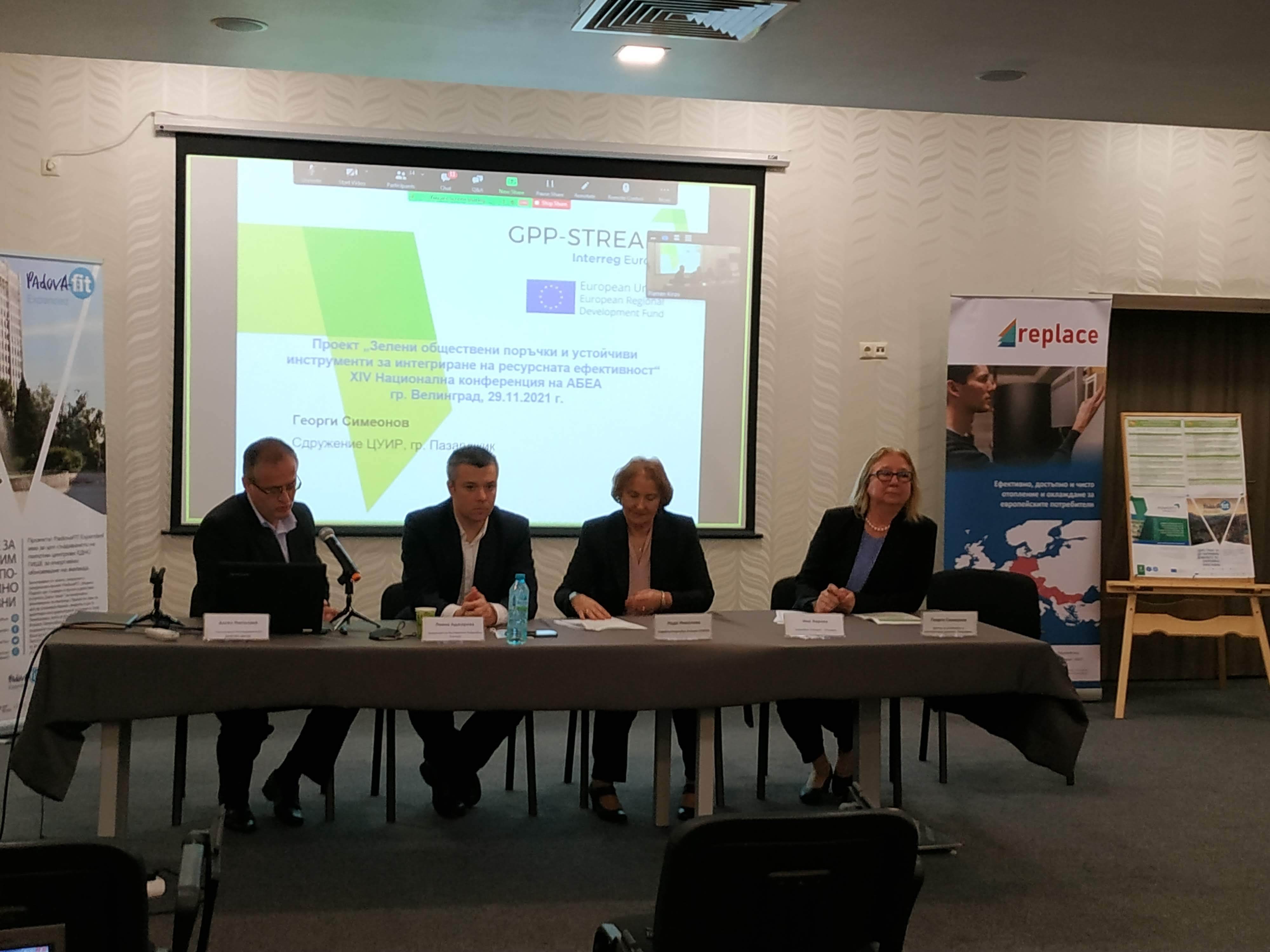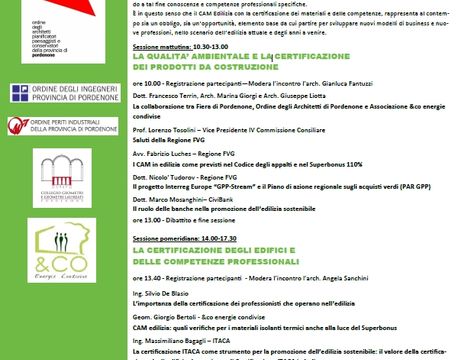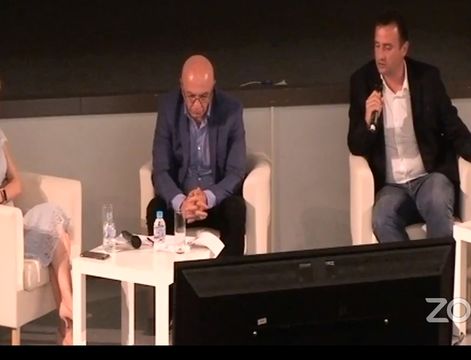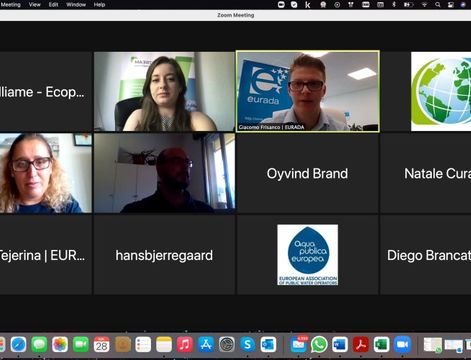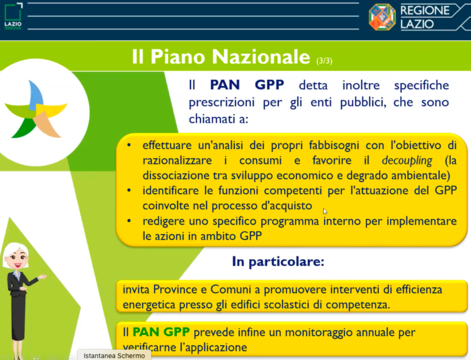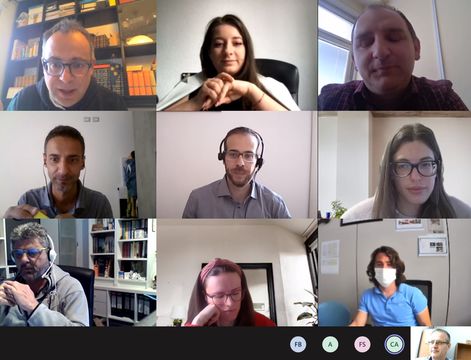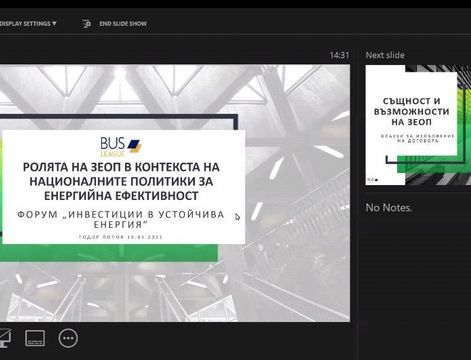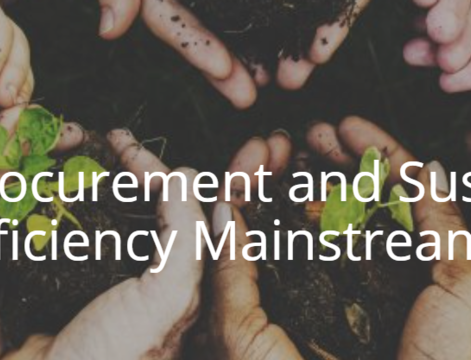 The first meeting of the stakeholder working group took place in Piatra Neamt on 16 May 2019.
The first meeting of the stakeholder working group took place in Piatra Neamt on 16 May 2019.
The participants were representatives of the public and private environment of the North-East Region. The topics under discussion were:
- presentation of the GPP-STREAM project;
- presentation of a first set of good practices identified by partner regions in Italy and Spain and the most important aspects that the project team identified;
- establishing the knowledge level and priorities of the North-East Region stakeholders in the implementation of this project.
In the first instance, the project was presented and the activities already implemented and the next steps were discussed along the presentation.
The most important issues disused referred to:
- Principles and possibilities to implement competitive dialogue in Romania, based on the example from Castellon;
- Intervention areas possible to address as GPP within ROP;
- Need to organize training on GPP (especially on LCC), similar to the approach of RA Friuli-Venezia-Giulia in implementing the RAP on GPP, but also to facilitate the meeting between demand (awareness) and offer (prepare a green offer of services and products);
- Necessity to identify and use the independent certification and verification entities;
- The need for the national authorities to follow-through the NAP on GPP the entire chain: targets, compliance, incentives and/or penalties.
The discussions showed that although the principles of sustainability are transversal priorities, the implementation needs to be improved both in public and private sectors. The furniture manufacturer who attended the meeting was open to this new business opportunity, but still needs to better understand what this change of paradigm will generate for his business.
The initial knowledge questionnaire revealed that the participants should be supported with more information on legal aspects and criteria use, assessment and verification for GPP.
As the 2nd transnational meeting of the project was also attended by a representative of the MA for the ROP, a stream of the discussions covered also the hypothesis of integrating GPP into this programme and the repercussions of this upon the beneficiaries of the projects.
The most important aspect that this first meeting revealed was the openness of the public actors to explore the more innovative approaches in public procurement, in general and in GPP, in particular: using the competitive dialogue and their acute interest in building the know-how for the inclusion of LCC into public procurement procedures.
